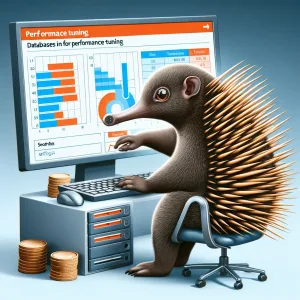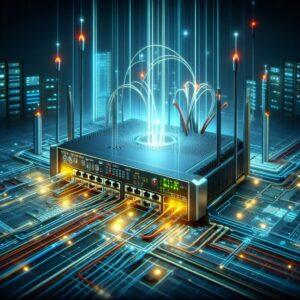Client
Client

Computers acting as clients typically request services, resources, or data from other computers on the network, such as servers.
They are often used for tasks like accessing web pages, sending emails, or running applications that rely on centralized resources.
Server
Server

Servers provide services, resources, or data to other computers on the network, known as clients.
They can fulfill various roles such as:
- file servers (storing and sharing files)
- web servers (hosting websites)
- email servers (managing email communication)
- database servers (storing and managing data), and more.
Peer
Peer

In peer-to-peer (P2P) networks, computers can act as both clients and servers, sharing resources and services directly with other peers without the need for centralized servers.
This distributed approach is commonly used for file sharing, collaborative computing, and decentralized applications.
Router
Router

Routers are network devices responsible for directing data packets between different networks. They analyze network traffic, determine the best path for data transmission, and forward packets accordingly.
Routers play a crucial role in connecting computers and networks to the internet and facilitating communication between them.
Switch
Switch

Switches are network devices that connect multiple computers within a local area network (LAN) and facilitate communication between them.
They operate at the data link layer of the OSI model and use MAC addresses to forward data packets to the appropriate destination device.
Firewall
Firewall

Firewalls are security devices or software applications that monitor and control incoming and outgoing network traffic based on predetermined security rules.
They help protect computers and networks from unauthorized access, malicious attacks, and other security threats.
Gateway
Gateway

Gateways are devices or software programs that connect different types of networks or protocols, enabling communication between them. They translate data formats, protocols, or addressing schemes to facilitate interoperability between disparate networks, such as connecting a LAN to the internet or translating between IPv4 and IPv6.
Proxy
Proxy
Proxies act as intermediaries between clients and servers, intercepting and forwarding network requests on behalf of clients. They can provide various functions such as caching frequently accessed web content, filtering internet traffic, enhancing security, and improving performance.
Terminal
Terminal
Terminals are devices or software applications that enable users to access and interact with remote computers or servers over a network.
They provide a user interface for inputting commands and receiving output from the remote system, facilitating tasks like remote administration, accessing cloud resources, or virtual desktop infrastructure (VDI) sessions.
Endpoint
Endpoint

Endpoints refer to individual devices connected to a network, such as desktop computers, laptops, smartphones, tablets, and IoT (Internet of Things) devices.
They interact with network services, exchange data, and perform various tasks according to their capabilities and configurations.